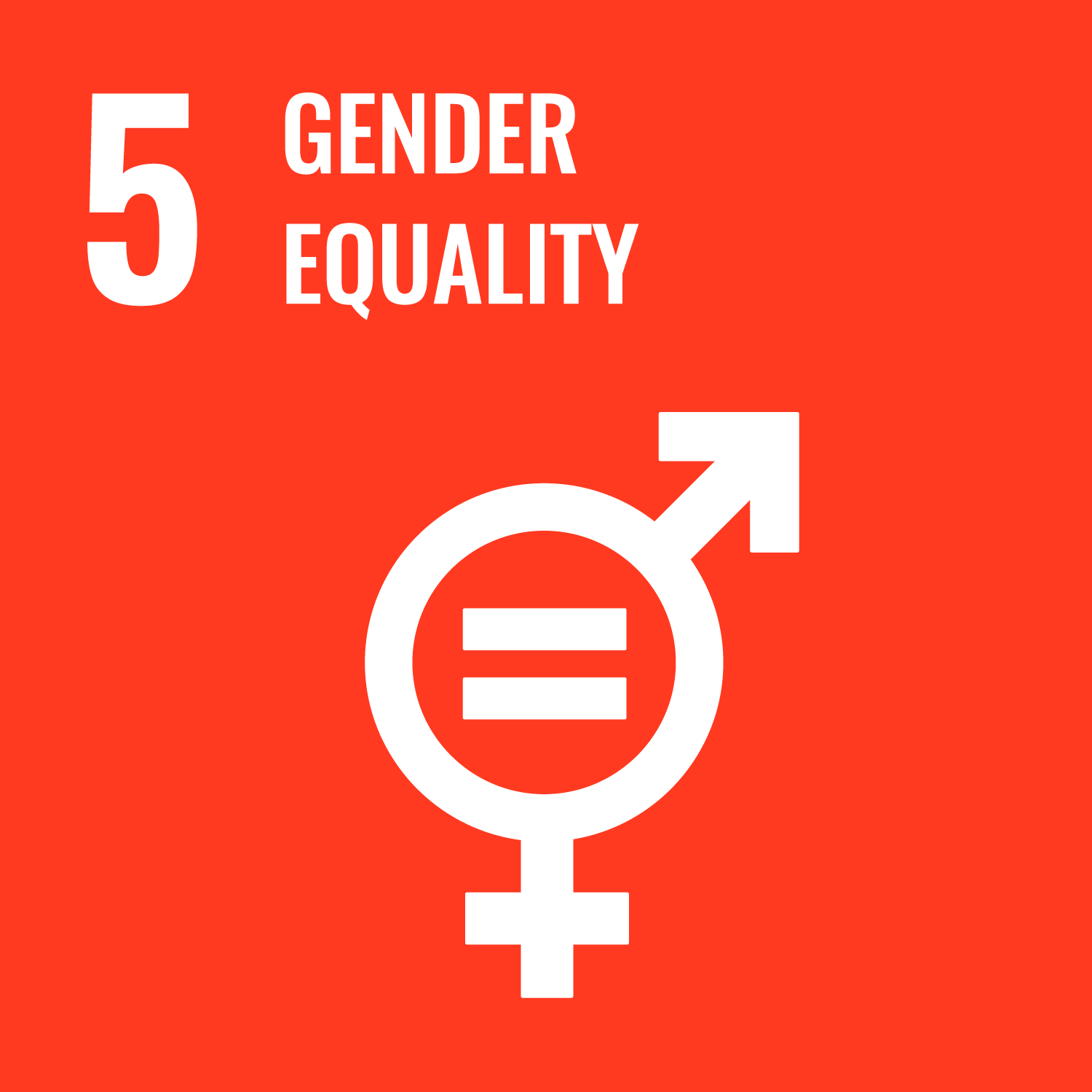| Presentation | Research Activity | Total. | |
|---|---|---|---|
| 1. | 20% | 20% | 40% |
| 2. | 10% | 10% | 20% |
| 3. | 10% | 10% | 20% |
| 4. | 10% | 10% | 20% |
| Total. | 50% | 50% | - |
We conduct research on media processing, including spoken language processing, media encoding, and communication methods,
and on the design of comprehensive communication systems that include end-to-end human and information environments. Specifically,
we investigate and research advanced information processing technologies for spoken language processing (speech analysis,
recognition, synthesis, conversion, and dialogue), content generation and human interfaces using these technologies, and coding,
retrieval, transmission systems, and quality evaluation of speech, acoustics, and multimedia. We also deal with basic signal
processing, information and communication, cryptology, pattern recognition and machine learning, and system implementation
technology using computer networks. The research topics may be individual technological development or project research related
to PBL subjects.
In Undergraduate Research II, students are expected to conduct simulations and experiments on the research objectives and specific research themes set in Undergraduate Research I. They are expected to demonstrate the superiority of their proposed solutions over conventional technologies. Students are also expected to summarize the results of their research in a comprehensive research outline and a thesis, and to be able to properly communicate their results to others at the final presentation.
In Undergraduate Research II, students are expected to conduct simulations and experiments on the research objectives and specific research themes set in Undergraduate Research I. They are expected to demonstrate the superiority of their proposed solutions over conventional technologies. Students are also expected to summarize the results of their research in a comprehensive research outline and a thesis, and to be able to properly communicate their results to others at the final presentation.
| ways of feedback | specific contents about "Other" |
|---|---|
| Feedback in the class |
- Course that cultivates an ability for utilizing knowledge
- Course that cultivates a basic problem-solving skills
- Course that cultivates a basic interpersonal skills
| Work experience | Work experience and relevance to the course content if applicable |
|---|---|
| Applicable | Based on the experience of research, development, and standardization of information and communication (especially speech coding and synthesis) in the industry, we will guide the students on the research and development methods that set the social demands and the technical goals to meet them. |









- 3.GOOD HEALTH AND WELL-BEING
- 4.QUALITY EDUCATION
- 5.GENDER EQUALITY
- 8.DECENT WORK AND ECONOMIC GROWTH
- 9.INDUSTRY, INNOVATION AND INFRASTRUCTURE
- 10.REDUCED INEQUALITIES
- 12.RESPONSIBLE CONSUMPTION & PRODUCTION
- 16.PEACE, JUSTICE AND STRONG INSTITUTIONS
- 17.PARTNERSHIPS FOR THE GOALS
Last modified : Fri Jun 28 17:36:27 JST 2024
